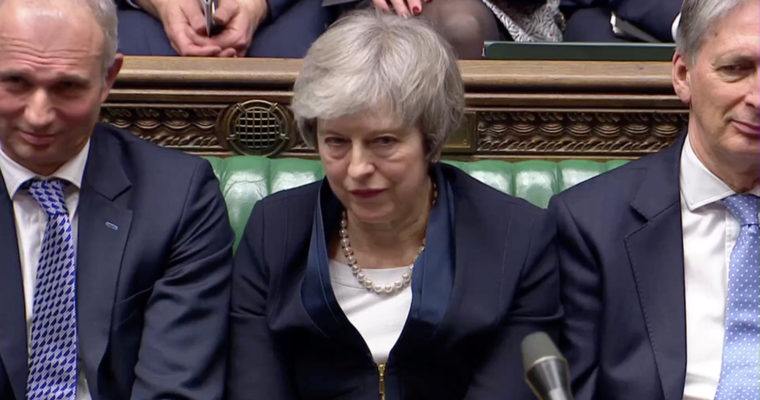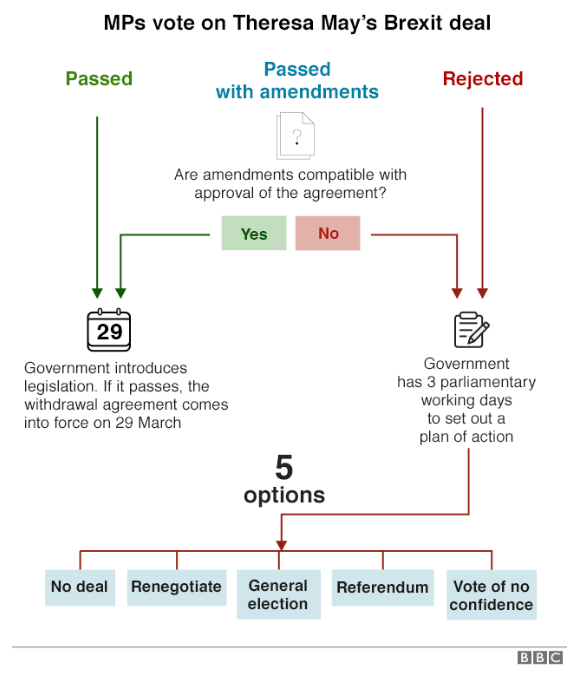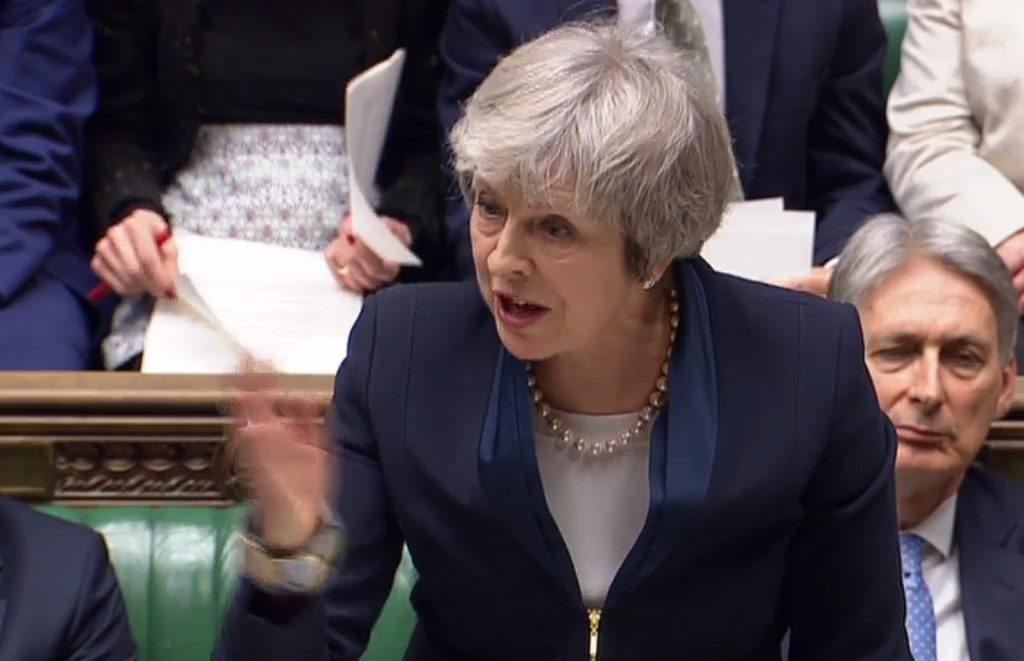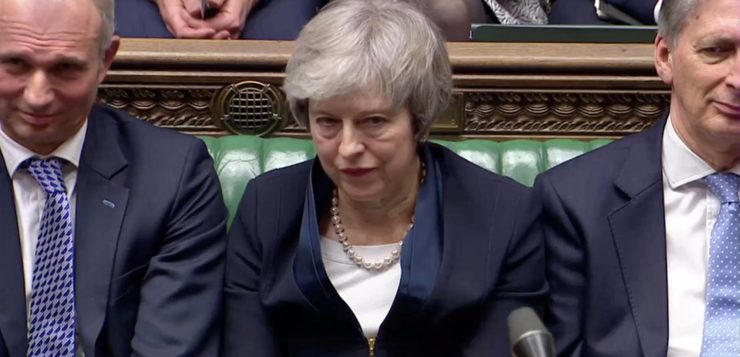
UK Members of Parliament have voted on Prime Minister Theresa May’s Brexit proposition. May’s Brexit deal has been rejected.
The rejection of the deal could now result in a “hard Brexit,” an exit from the EU with no formal agreement on debt, trade, and what will happen to UK citizens living in Europe. There are other likely outcomes and the UK government has just three days to decide what comes next.
The Outcome is…Well…Complicated
The 585-page withdrawal agreement and 26-page declaration on proposed future relations between the UK and EU could now be renegotiated.
Or, the government could propose a general election.
Or, May’s opposing Labour government could call for a vote of no confidence in May.
A general election could lead to an extension of “Article 50” the bill dictating the leave date for the UK, thus extending the UK’s time in the EU while the UK government is redecided and negotiations occur.
A vote of no confidence could lead to a new Prime Minister, a general election, or May could win and everything is back on the table, but still with no clear outcome.
There could also be a new referendum, but as Article 50 is in play, the UK cannot end Brexit unless the other EU member 27-member states agree. There is no time for a referendum before the UK’s exit of the EU, on March 29, 2019. So, to hold a referendum Article 50 would need to be extended.
This diagram from the UK’s BBC News illustrates the pre-vote scenario.

Now that May’s Brexit deal has been rejected, the choices of renegotiation, general election, referendum, and vote of no confidence could, in a nutshell, send the UK and the EU around in circles.
The next three days and whether a vote of no confidence is called will provide some clarity, maybe.
As anything other than a hard Brexit will be lengthy and complicated, the immediate outcome may be either exactly the “hard” exit with no agreement – or, some kind of extension to article 50 while the UK deals with the further turmoil. Even if May has a chance to renegotiate a withdrawal agreement, that process might not be concluded by the critical date of March 29.
The Impact on Economies and Markets

A hard Brexit is going to be exactly that for the UK economy. The UK will have to renegotiate trade deals, debt arrangements, and so forth. It will be long and complicated and full of uncertainty.
This is likely to transpose into both economic performance and the UK’s stock markets as companies hold back plans while they wait for a clear outcome. An extension to Article 50 and the UK’s Brexit leaving date will have the same effect until a firm outcome emerges. UK is in a limbo.
Though Europe will feel the pinch it is not as reliant on the UK. European businesses have likely been operating on the basis that the UK is leaving. Again, deals may need to be made but the EU’s economy as a whole should resist some effects. Short term the stock markets may see some volatility but will recover quickly.
A recent EY survey discovered that companies in the UK financial services industry have moved $1 trillion in assets out of the UK in preparation for Brexit.
A small amount of uncertainty, potential economic slowdown, and stock market unrest, could pass on to the US markets.
Long-term Brexit may aggravate a European economic slowdown. Short-term the US markets have enough to focus on nearer to home. The government shutdown persists, trade resolutions need to be agreed. And, US President Donald Trump adds his own volatility to the US stock markets.
Featured image from Reuters.







